|
If never have you ever flipped open the cover of a new book –– or an old one, I'm not judging –– and taken an appreciative sniff, just keep scrolling.
Or give it a try. Page-sniffing is a thing. I don't know how others turned into readers. The conversion interests me, seeming to divide the world into two groups (yeah, yeah, those who divide the world into groups and those who don't?). A hard binary system of readers and non-readers.
My sister is a reader. She wasn't for a while, and then in around fifth grade, she suddenly was.. I think it was a biography of Miss Harriet Tubman that swallowed her up during –– was it a car trip?
I want to remember the name of the paperback book Freedom Train, but I was a bystander, and this only my recollection. Did she read it over and over? I think she did. So perhaps when I found a book that worked its wormy magic on me, I was only following her steps.
There I was, awake in a hospital bed, contemplating the small but disgusting remnants of my appendectomy, bored at age 8 as I had never imagined being bored.
It's a signifier of years under my keel that back then I spent 5 days recovering in the hospital. After the first dramatic 18 hours, the novelty of ginger ale, a nurse on call, limitless Jell-O, and four industrial-green walls wore off quickly. Mrs. Horack, fourth-grade teacher and all-round civilizer of the savages we were, brought a small bouquet and a get-well package of cheerful messages from my erstwhile tormentors and classmates and –– oh joy! –– books from her latest Scholastic order. A small stack of cheap paperbacks. There was a Disney movie novelization called The Mystery in Dracula's Castle. And one of Clifford D. Hicks' Alvin Fernard series –– Alvin Fernard's Secret Code perhaps? A third that might have been another Disney novelization. I'm not sure. The Parent Trap with movie stills of Hayley Mills and Maureen O'Hara, maybe? Anyhow, forgettable fiction. And...tahdah! Walter Farley's The Black Stallion. The story of Alec, a boy who tames the heroic black stallion. While marooned on a desert isle. And who brings the wild creature home to Queens.
It surprises me a little that –– it appears –– nobody has based an academic dissertation on the works of Mr. Farley. The storytelling was like a barn fire: a smoulder for maybe the first sentence, followed by a five-alarm blaze for 18 chapters. Action! Horses! Danger! A Big Race!
The Black Stallion was published in 1941, the product of a college boy who knew and loved horses (it shows), which means it's had 80+ years to percolate through popular culture. The movie version, thank you Francis Ford Coppola and crew, is gorgeous. I believe that JRR Tolkien produced the granddaddy of all modern fantasy novels in his Middle Earth (not that there weren't ancestors before then, but still –– not one Dragon, not one Dungeon, not one Song of Fire or Ice but which can trace its ancestry...) Anyhow, I likewise believe that The Black Stallion is, if not the first (hello, Anna Sewell's 1877 masterpiece, Black Beauty, not to mention Smokey the Cowhorse by Will James, which won the Newbery in 1928.) then it's the ideal exemplar of the horse-story. The Black Stallion went on to sire a whole line of descendants. Not just look-alikes when kid meets horse, kid tames horse, horse and kid win big race, but Walter Farley wrote close to 20 sequels, and a son continues to produce new books in the series. ANYHOW, I veer from me me me and my experience. The Black Stallion was the book that gave me my first immersive escape from physical surrounds. I dove into the dark and salty ocean with Alec and the Black while their tramp steamer foundered, forgetting about the discomfort an IV needle and the too-tight bedclothes, the scent of infection and Lysol, the hunger and weariness. It was magic. The experience of reading and immediately re-reading the novel ––the pages of my copy are watermarked and foxed, scarred by tea and littered with petrified toast crumbs –– made me into a reader. Of course I had pretty specialized taste at first. Researching for this blog sent me to a Pinterest page showing column after column of vintage horse-story books. So many old friends among those covers!
Horses and books, books and horses. Not all my book friends had horses, but a surprising number of friends know this two-pronged hayfork: Mumsie herself of course, and Cousin Shirley (Hiya!), the gang of Jill and Sheryl and Megan, plus Robyn, Jekki, Wendy, Arial, and more.
Decade after decade I crack open a book or swipe the Kindle awake, press the delta of "play" for an audiobook, absolutely certain that I'll be visiting a new world between the covers of one book or another. Right now there are two SF novels beside the bed, the latest Robert Galbraith/Cormoran Strike audiobook on the phone for Mr. Linton and me, and a handful of who knows what options on the Kindle. In fact, I should go update my Goodreads list. Gentle readers, name the book that made you part of this strange clan. Or say what book you're reading now. Or which one bucked you off like rodeo bronc. You know, talk bookly to me...
13 Comments
The first big exercise of the book is to sketch a map of a place. I chose my oldest hometown, in Pennsylvania. I lived there until around age 8, with that little fish pond behind Mrs. Smith's (no relation) house, the strawberry fields, Sayre's horse barn. As I sketched it out, I led the names of the horses from all those remembered stalls by their oily leather halters. The exact bouquet of hay, oats, and horse manure arose like the flavor of a Madeleine dunked in tea. The dusty yellow clapboard and the cadet-blue shutters of my great-grandmother's house returned. As did young married next-door neighbors Dick and Marleen (Donna?) Briese. I don't know how to spell their name, but I vividly remember Dick carrying me home across the street in his arms in the suburban dark. I was perhaps 3, inconsolable with homesickness. I had black-and-red cowboy boots that I rarely removed and which clunked together with each stride across the dewy grass; I'd been meant to stay overnight as a trial run for them to have children of their own... Anyway, maps. It was a productive half-hour exercise and fun. So my thoughts naturally turned to doing the same activity with the longer novel I am working on.
Perhaps you are a fan of those maps that appear in some historical and fantasy novels –– I usually give them a cursory glance before diving into the story, but I appreciate a little better the effort.
Someone has ruminated on how to illustrate the scope of this new world. They've translated four-dimensional ideas into 2-d ones: a thread of ink to represent a raging river, a star instead of a sprawling metropolis, the little crenelations of a rocky shore. Now, how to hustle my rag-tag band of heroes along to the end of their roads?
I never have gotten over my love of kid's books. Especially novels. So...why not as many Newbery books as might come to hand?
I'm not ending the experiment yet, especially since there doesn't seem to be any equally reliable award for "adult" fiction. And because there are so dang many yet to go. Here's a short list that I read (or re-read) this summer. My Side of the Mountain by Jean Craig George Getting Near to Baby by Audrey Couloumbis Echo Mountain by Lauren Wolk Hollow by Lauren Wolk Three Times Lucky by Sheila Turnage Slave Dancer by Paula Fox Enchantress from the Stars by Sylvia Louise Engdahl Abel's Island by William Steig The One and Only Ivan by Katherine Applegate Turtle in Paradise by Jennifer Holm The Crossover by Alexander Kwame A Long Way from Chicago by Richard Peck A Year Down Yonder by Richard Peck Wittington by Alan Armstrong Lily's Crossing by Patricia Reilly Giff The Night Diary by Veera Hiranandani Criss Cross by Lynne by Rae Perkins The War That Saved My Life by Kimberly Brubaker Bradley The War I Finally Won by Kimberly Brubaker Bradley Hope Was Here by Joan Bauer One Came Home by Amy Timberlake The Watsons go to Birmingham, 1963 by Christopher Paul Curtis Wish they earned some credit for some middle-school reading team...
For many years, my book-loving Mumsie used to tell me about stories she remembered but hadn't had in hand for several decades. She had an ongoing quest to find a copy of The Swish of the Curtain, which she'd adored as a child. It was, she told me, about a group of theater-mad children who staged shows in their English village. She looked for it at every used bookstore, but when I told her I'd located a copy (ah! early days of the internet!), she shied away from actually getting it. She said she didn't want to find it like that. She admitted she'd rather not test her memory of its charms.
Naturally, in these internet days, there are online services that can help. For a couple of bucks, Loganberry Books helps the hive mind focus on your need. The Library of Congress has a page of suggestions for how to find lost books/lost lyrics and more. The LoC site links to a veritable warren of rabbit holes, by the way, if you are so inclined (declined?) to potter around chasing other people's trails. Like this Reddit page, this specific one, and so. many. more. <shakes head vigorously>
Mr. Linton has been fishing pretty regularly, though because of last summer's red tide, he can't bring anything home. Social distancing is easy on the water. And naturally, he has a lot of boat-work to fill his days on shore. The two 2.4 Meter boats (one fresh, one experienced) are slowly coming into alignment. Jeff's re-rigged the older boat so that it's indistinguishable from the newer one. Fresh paint, fresh lines, carbon-fiber bits and bobs. He orders stuff on-line and obsessively checks delivery times. He splices lines while watching Bosch in the evenings. Given that many of our upcoming regattas have been cancelled, he seems content. And me, I'm always looking forward to a chunk of time in which to write but as it happens, I've been distracted by real life. It's hard to make up a story more exciting than the news right now. So instead, I'm doing a lot of reading (check out my goodreads shelf for the bookwormy details). And making stuff. We're avoiding the grocery store –– taco Tuesday involved some freezer-burned ground beef that I might normally have donated to the fishes, but it tasted fine with the fresh greens from the garden –– and keeping our IRL social distance from the world. I've become a big fan of FaceTime right now for actual social interaction. Yay internet! I'm hoping to settle into whatever this new normal is and get back to my keyboard sometime soon, but in the the meanwhile, as they say in one of my favorite movies, "Rule #32: Enjoy the little things." Wishing you safety and kindness from here...
My childhood bestie, Care, reminds me from time to time about how it used to go down. She'd come next-door at the cottage on a summer morning and ask if I wanted to do something: swimming, running around á la wild mustangs, making miniature ballrooms in the field, catching rabbits. I remember spending those summers perpetually in motion, but evidently there were too many times when my answer was the dreaded, "Nah, I'm reading."
So far anyhow. Some years I read less, but mostly I read a lot. Quickly. I go heavy on novels, light on memoirs. I snack on essays and take sparse sips of poetry. I almost never read biographies. (That 5th-grade assignment on Betsy Ross <shudder>) Generalized history gets a pass, but I do like specific topics (The Black Death in 1348, anyone? Rats in New York? ) and anything natural history-ish. Stacks of books sprout wherever I perch: volumes I mean to read, books I have started, tomes I use for reference. When Mr. Linton and I downsized, I culled about a third of my collection and still needed to rent a scissor-lift to get the rest of them up the stairs. Sidebar Truth: While waiting for the delivery of the scissor-lift, and knowing the advantageous tide would wait for no book, Mr. Linton trotted the literal ton of books up stairs on tireless feet without a single complaint. Bless him. I have reading recommendations the way pharmaceutical reps have sample packs and cronuts -- with roughly the same goal. Minus the commission. Goodreads, which is connected in the cross-platform sales way of the modern world to Amazon.com (which is to say, Amazon owns the "social cataloguing" website), has become my preferred way to keep track of titles. Instead of jotting down book recommendations on scraps of paper and then scotch-taping them someplace handy, a user can type in the name of the book (or a close approximation) or the name of the author and save it to the shelf of Books to Read. Were I a slightly more nimble consumer, I could obtain any book with a few keystrokes, but my connections are not so tight. Diversifying my stream: I read physical books that I buy. I read physical books that I borrow from the library. My sister (bless her!) gave me one of her extra Kindles, so I read on that, or on the iPad. We listen to books on CD or as podcasts or digital files. I whittled a few titles off the "Books to Read" list recently and discovered one of my favorite bookchoices for the year. Some friends may be getting a copy of The Fly Trap by Fredrik Sjöberg
Like all the best memoirs, the book –– slim, but promising to continue in another two volumes –– is not so much about Sjöberg's insects, but about what he has learned from his pursuit of them. I should be more embarrassed at my giddy fan-girl response to Sjöberg's story, but as my companions will attest: I cheerfully read aloud whole pages for their enjoyment as well as my own. Sometimes, the bookshelf is stocked with wide-ranging topics. Other times the books seem to form clusters. Maybe it's just a question of what's interesting: a rash of murder-mysteries, a brace of biographies, a deep delve into orbital mechanics. Or perhaps just luck of the draw. For the past year or so, I have read many stories about the London Blitz and also about the female spies of World War II.
This historical moment –– the bombing of civilians and the endurance of those citizens –– is sadly not unique to the British. It's happening right now, of course. Terrible things happen again and again. With the Blitz, I suppose part of the pleasure is knowing that it ended. And that the bad guys did not win. With this setting, I've been enjoying a whole host of novels and the odd non-fiction volume. Here's a trio of recommendations:
I haven't yet had my fill of Blitz stories –– and espionage-by-women tales, the topic for another day –– if anyone has recommendations?
For 100 years, sailors have been racing to Hawaii from Southern California. Okay, probably ages longer, competitive spirit being what it is, but the 2019 Transpac marks the 50th anniversary of the 2250-mile sailboat race. Little did I know, this big race is one of Jeff's lifetime sailing ambitions. Enter the wizard: Merlin is a 68-foot-long sled designed by Bill Lee. The boat was built in 1977, and promptly set a record** in that year's Transpac that stood for 20 years. Tampa-based attorney Chip Merlin*** purchased the sweet sloop a year and a half ago and set about updating her and now, just like that! It's showtime. There's been more than a year's worth of preparation, rebuilding, outfitting, refitting, and organizing logistics. I haven't documented it because –– in a parallel to nie moje malpy, nie moj cyrk –– the fiberglass dust, punch lists, invoices, and files of safety documentation have been a few states away from me. The intrepid crew includes Chip Merlin, Brian Malone, Kat Malone, Mackenzie Cook, Keahi Ho, Mike Pentecost, James Clappier, Chris Watts, Adrienne Cahalan, variously from Florida, California, Hawaii, and Sydney, Australia. The Transpac website will be tracking the fleet –– keep in mind, instant-gratification junkies, that the updates appear with a 4-hour lead-time. That is, the updates are NOT in real-time.
Boats are expected to finish in a week or two, depending on weather and what-not. Here's the link to the Transpac race site. Here's the link to Merlin Racing (find a treasure-trove of videos on YouTube too!). And here's the Merlin Facebook page. Crossing fingers and knocking wood, next stop Honolulu. Laki maika'i, all y'all. *Identify the literary reference, win a prize. **8 days, 11 hours. ***If your family name is Merlin, I think you are more or less obliged live up to it. So, okay, maybe the big raptors like Bald Eagles and Snowy Owls are more impressive, and coming eyeball-to-eyeball with a Sandhill Crane is even more alarming, but Great Blue Herons are darned impressive birds. In my Shell Island Shuttle days, when we'd rescue birds –– mostly untangling them from fishing line, but sometimes popping them into a pet carrier and ferrying them over to the local rescue outfit –– the Great Blues were among the most challenging to help. They are fierce, even as they are fragile. Those long legs ––! They aim those impressively big beaks RIGHT for your eye, and they have quite a reach. They do not give up after they've been caught. Magnificent, cranky creatures. In a book whose heavy style I enjoyed a lot –– though, sadly, after my godfather Dan complained about the many factual errors he'd found, and I did my research, I too, became less enchanted by the novel –– here's a lovely passage including a blue heron: In his mind, Inman likened the swirling paths of vulture flight to the coffee grounds seeking pattern in his cup. Anyone could be oracle for the random ways thing fall against each other. It was simple enough to tell fortunes if a man dedicated himself to the idea that the future will inevitably be worse than the past and that time is a path leading nowhere but a place of deep and persistent threat. The way Inman saw it, if a thing like Fredericksburg was to be used as a marker of current position, then many years hence, at the rate we’re going, we’ll be eating one another raw. And, too, Inman guessed Swimmer’s spells were right in saying a man’s spirit could be torn apart and cease and yet his body keep on living. They could take death blows independently. He was himself a case in point, and perhaps not a rare one, for his spirit, it seemed, had been about burned out of him but he was yet walking. Feeling empty, however, as the core of big black-gum tree. Feeling strange as well, for his recent experience had led him to fear that the mere existence of the Henry repeating rifle or the éprouvette mortar made all talk of spirit immediately antique. His spirit, he feared, had been blasted away so that he had become lonesome and estranged from all around him as a sad old heron standing pointless watch in the mudflats of a pond lacking frogs. It seemed a poor swap to find that that the only way to keep from fearing death was to act numb and set apart as if dead already, with nothing much left of yourself but a hut of bones. Cold Mountain by Charles Frazier, 1997. Page 16. PS: I actually prefer Cold Mountain the movie. Exception proves the rule. All happy families are happy in the same way, Tolstoy wrote, but every unhappy one is unique in its misery. Poke around in the high canopy of the family tree, and you see that unique as unhappiness may be –– still, patterns emerge. Familiar patterns even. Abandonments and early deaths, illness and poverty, and of course, like smoke seeping from under the rafters, scandal. Like this one: My gr-gr-grandfather Newton had a bunch of siblings. I don't know much about them. It's a long time ago, and over years of research, I hadn't located half of their graves in our tiny farming hometown. But sometimes you return over and over to a stubborn nut, giving it the odd yank, and it will loosen. One of those siblings was Cornelia Jane Newton. Born in 1837 in Dimock, Pennsylvania (about 15 miles from where I was myself born a few years later), she was buried in Nebraska in 1912. First, okay –– Nebraska? That's worth thinking about. Turns out she married late (at 34) to Joseph Blanding Sturdevant (another long-rooted family from that corner of Pennsylvania) and the two moved West with a group of like-minded Methodists in the early 1870s.. She and Joe had four kids (a son died at 14), and at the end of her 75 years, she was living with her daughter, Sarah Lorena Chittick. Cornelia Jane's obituary paints a certain kind of picture of the former schoolteacher: "If sometimes in the stress of life's conflicts, the battle pressed sore, faith, courage and Christian fortitude enabled her to bear up." So, not an easy life for Cornelia Jane, born in Dimock, died in Nebraska.
Joseph and his new bride Rosella exchanged vows in Pennsylvania and then moved to the teeming metropolis of Kansas City. It's easy to imagine Rosella as the youthful replacement wife, possibly a hussy, and that Joseph was more than a little bit of a creeper, but that's simply too easy a story. No matter how often it happens in real life. Like they say, when the answer is too obvious, look closer: as I compare birthdates, I see that Cornelia is 12 years Joe's senior. When they first married, he was 22 to her 34. She was a school teacher. Oh lawsie, I wonder if she was his school teacher. Turning the tables on who's the creeper, maybe.
The imagination boggles. To divorce in 1880, and then –– a period of seeming quiescence, where Cornelia and Joseph both lived in the same small Nebraska town? Then for him to marry Rosella?
What truth could match these data points? Did somebody have a breakdown? Perhaps Rosella was the original object. Perhaps Joseph just liked the family. Perhaps Cornelia organized the hand-off. Perhaps there was a lengthy epistolary courtship with letters coming in the mail. Perhaps one or the other was merely a marriage of convenience. I can see the new couple moving away from Nebraska. After all, Cornelia lived there, as did another older Newton sister, Catherine (and I wonder what she thought about all this), but why Kansas City? And, finally, how would a researcher ever know? Rosella and Joseph had no children (Or did they? Joseph's youngest is named Rose Ellen, born in 1879. Though a dozen documents say otherwise, one outlying reference lists her as the daughter of Rosella, and that she was born in Pennsylvania, not Nebraska). But again, if the children were Cornelia's, the surviving generations necessarily favor Cornelia's side of the drama. It's possible that there was no drama. Except seriously, what happened? |
About the Blog
A lot of ground gets covered on this blog -- from sailboat racing to book suggestions to plain old piffle. FollowTrying to keep track? Follow me on Facebook or Twitter or if you use an aggregator, click the RSS option below.
Old school? Sign up for the newsletter and I'll shoot you a short e-mail when there's something new.
Archives
June 2024
Categories
All
|
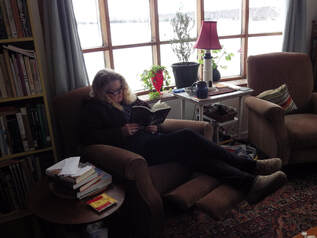
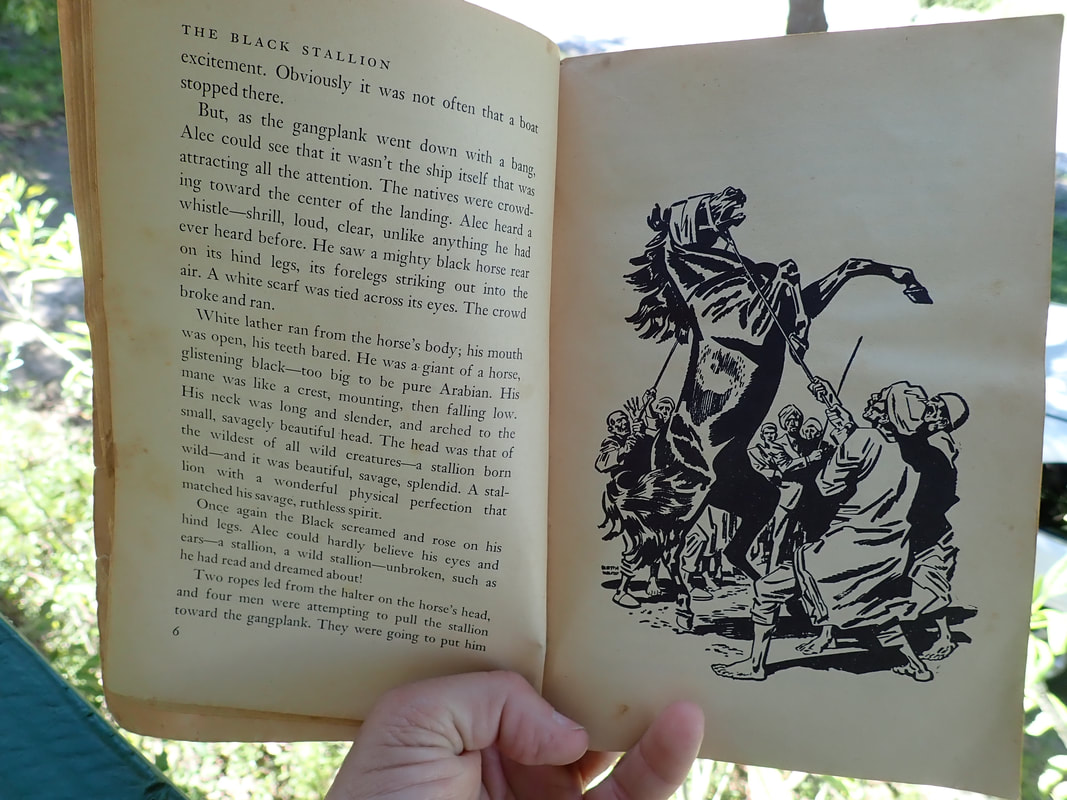
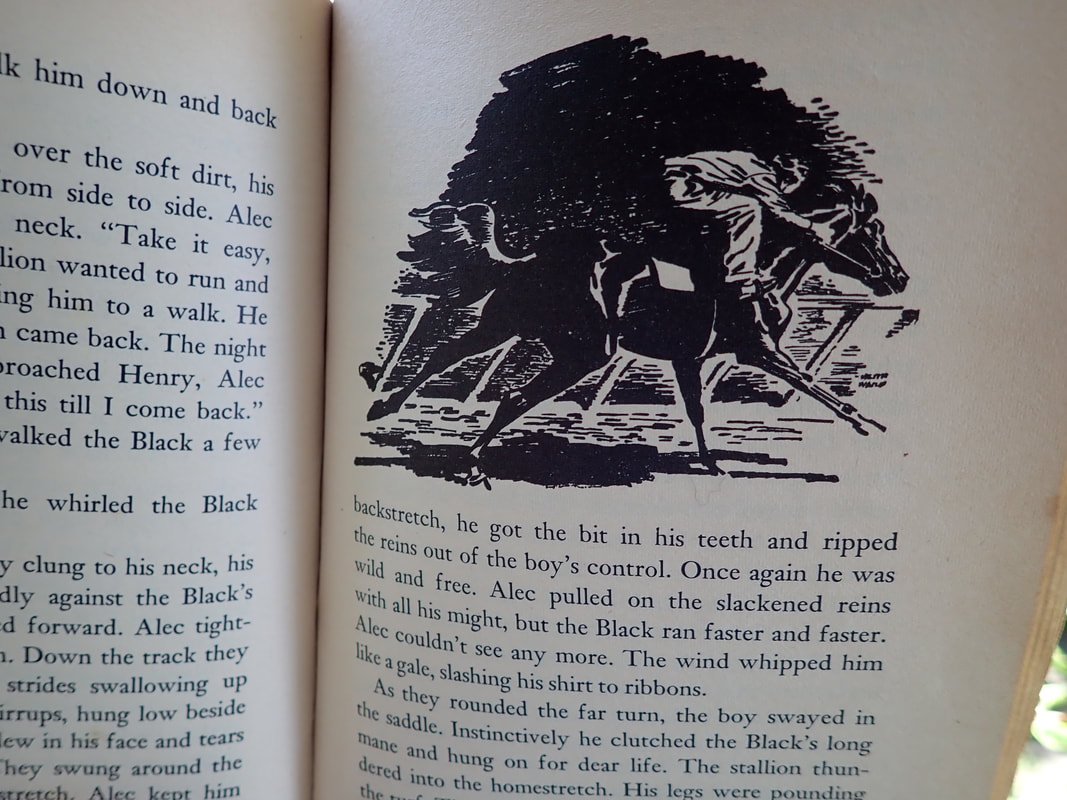
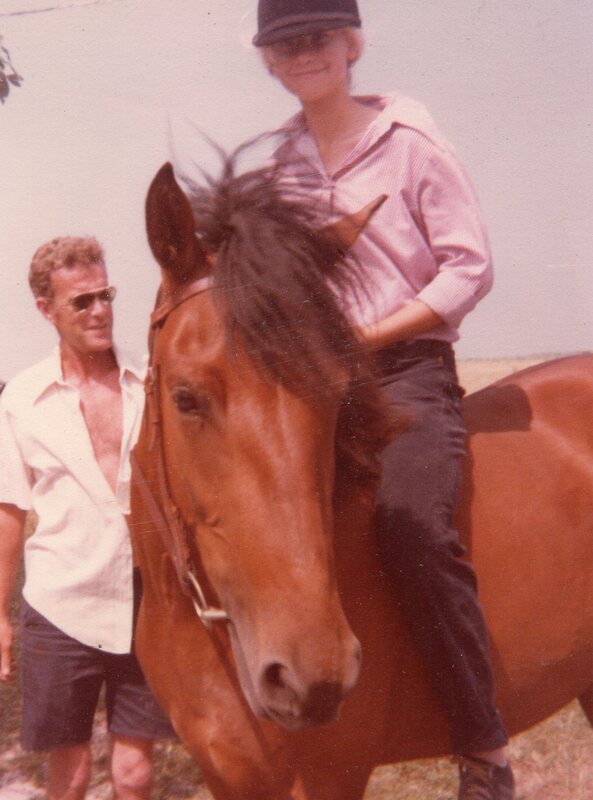
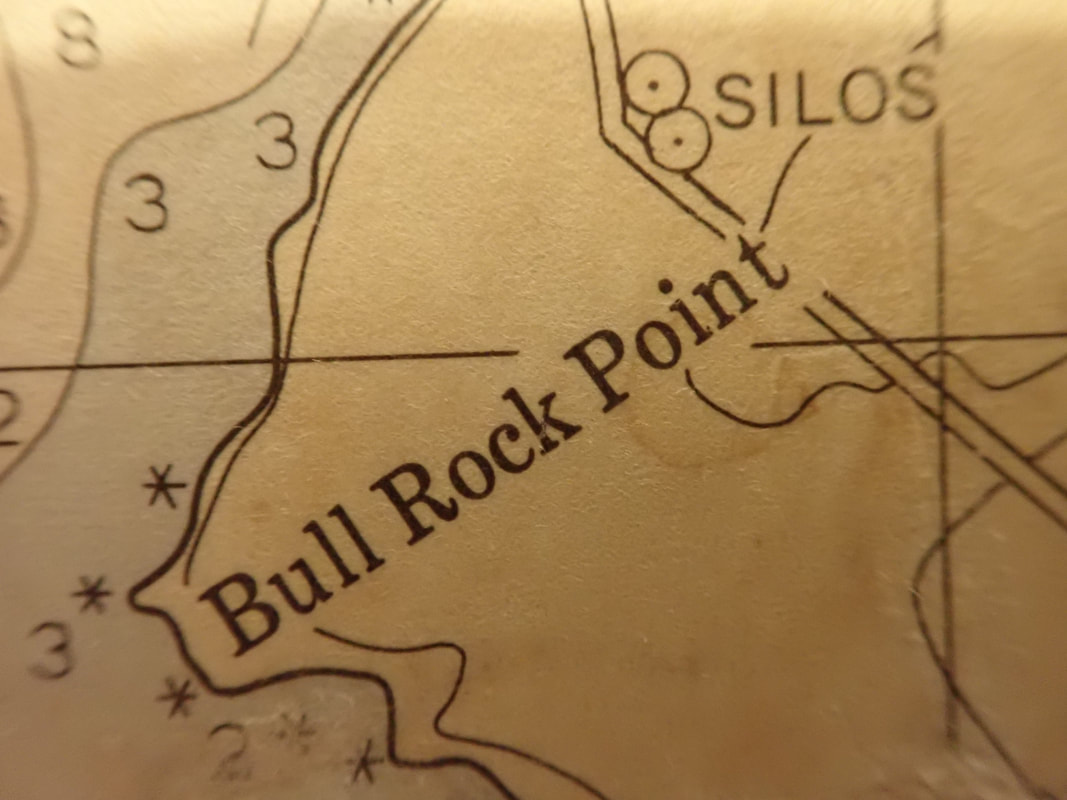
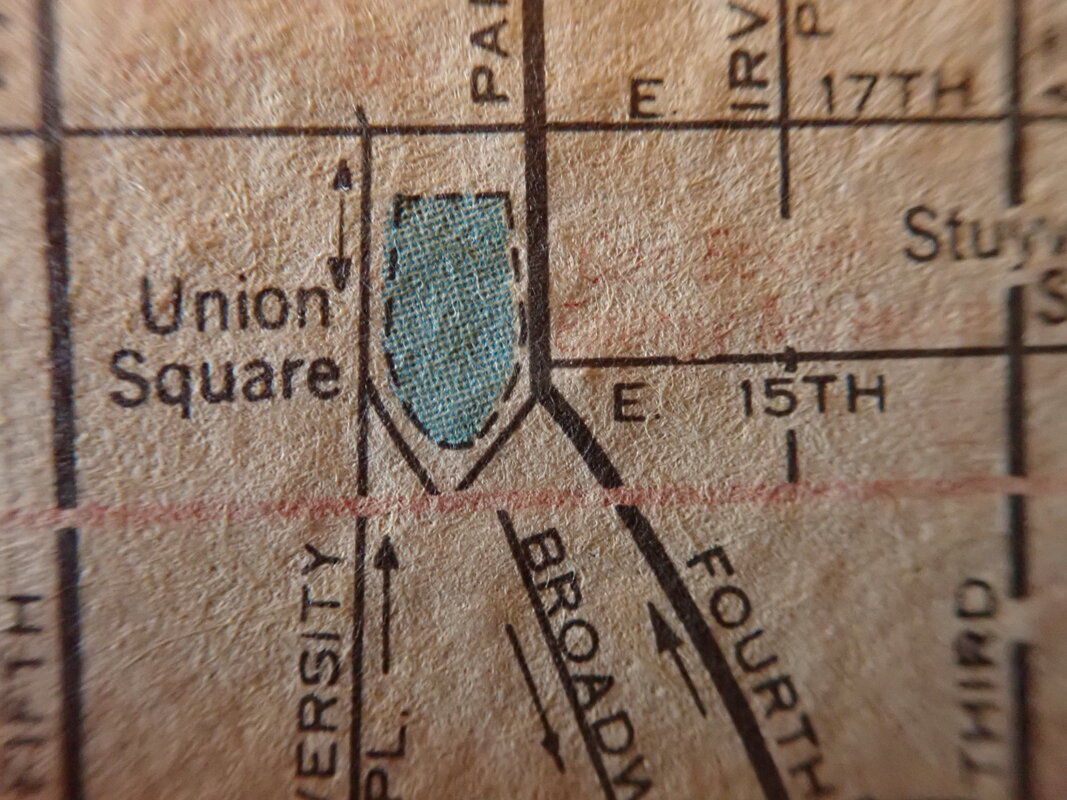
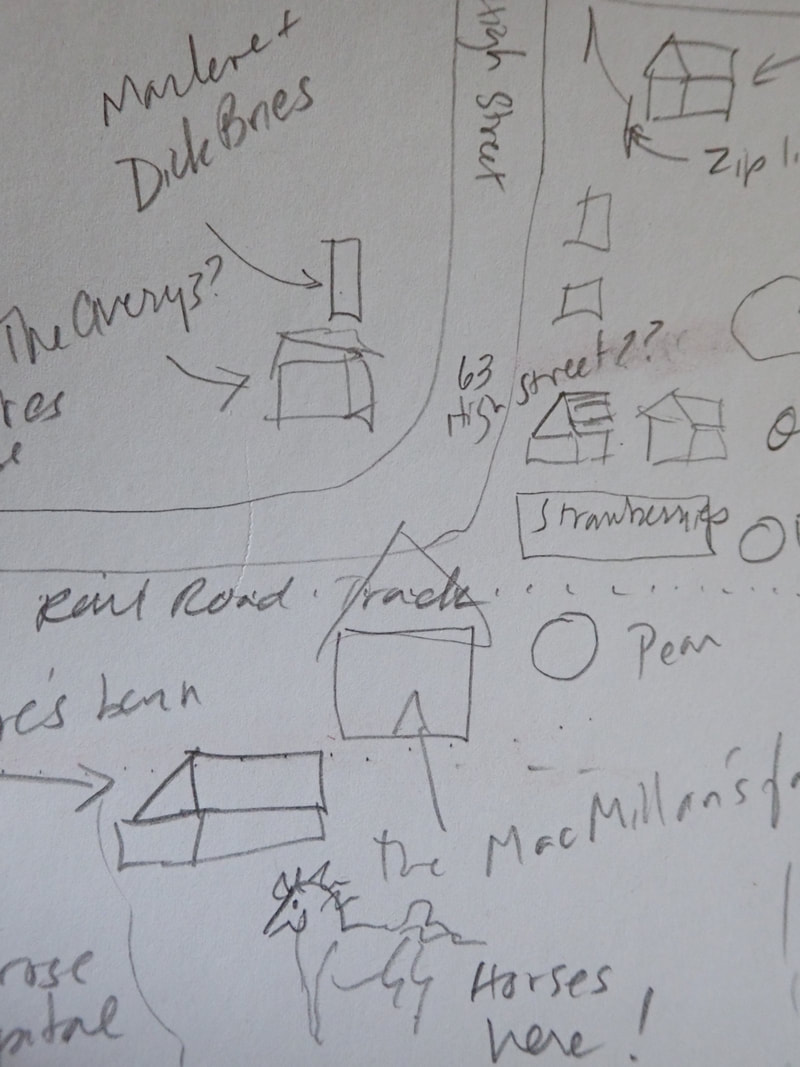
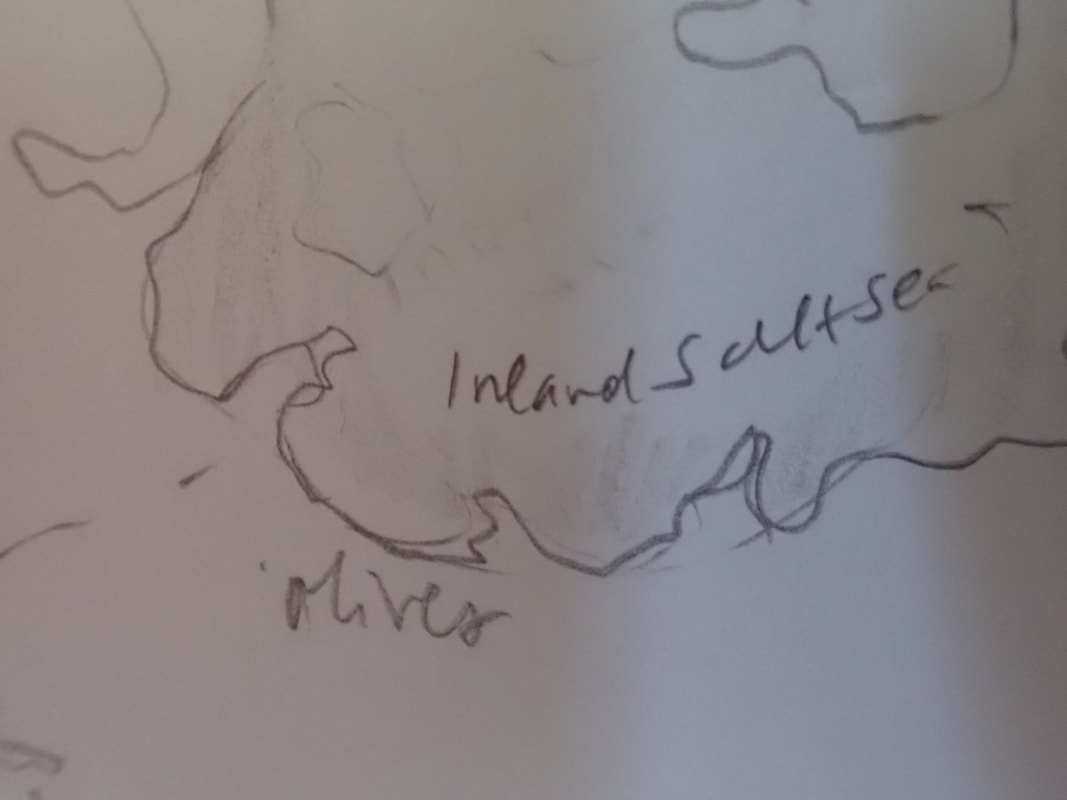
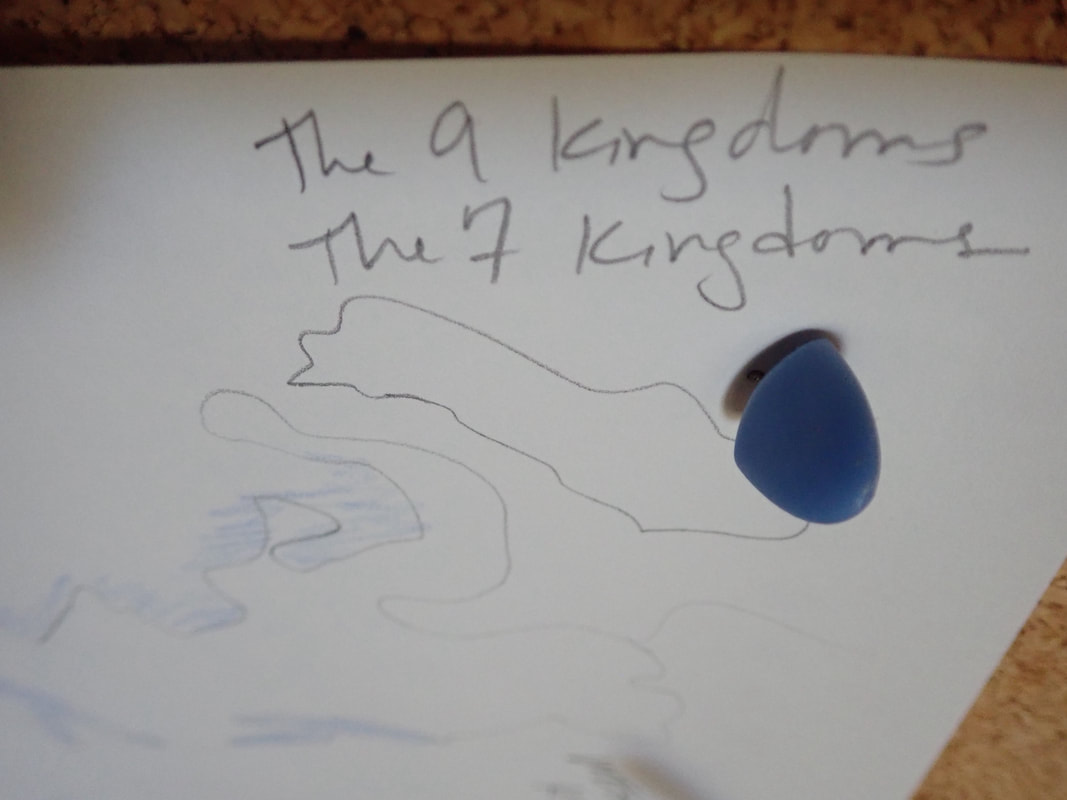
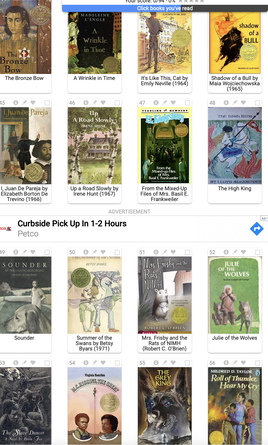
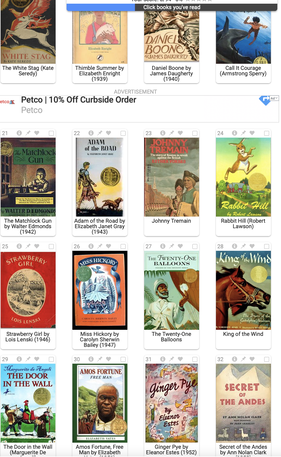
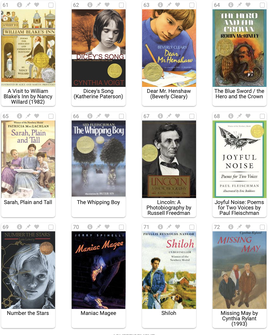
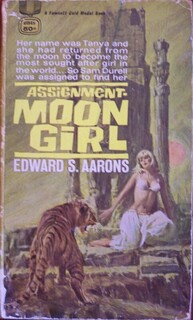
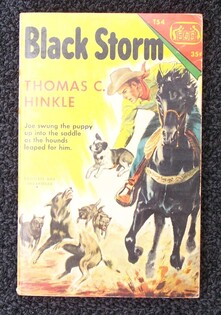
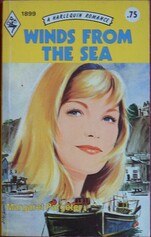
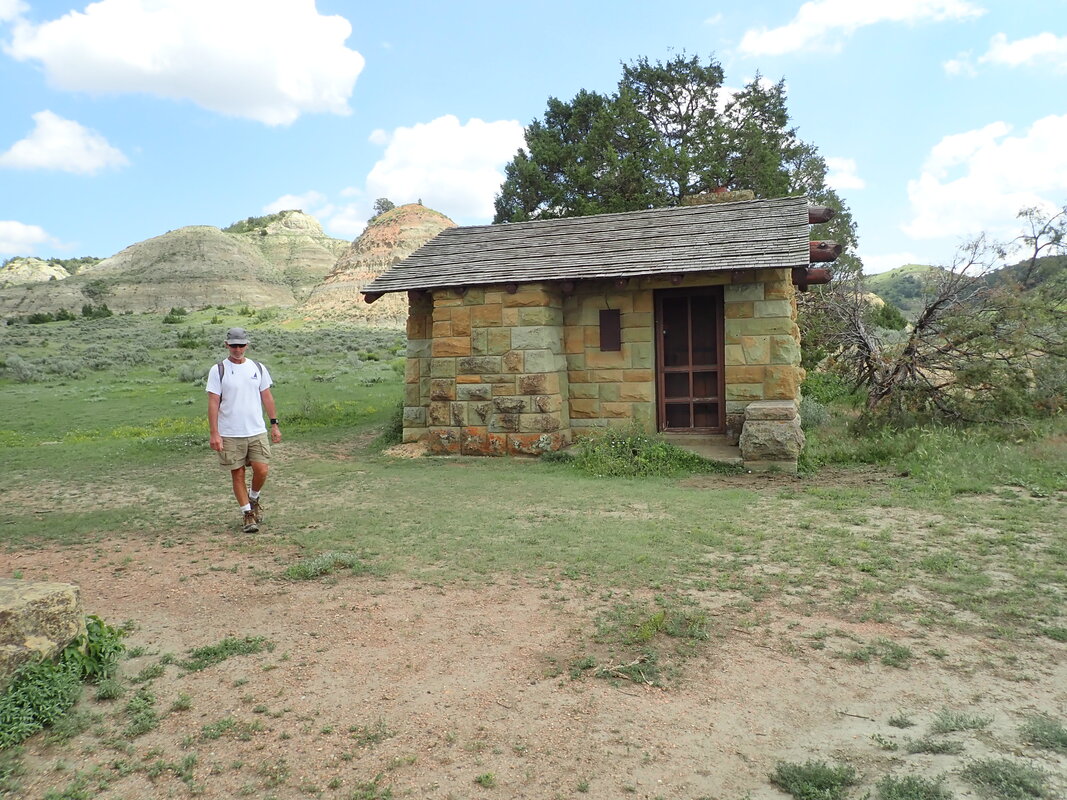
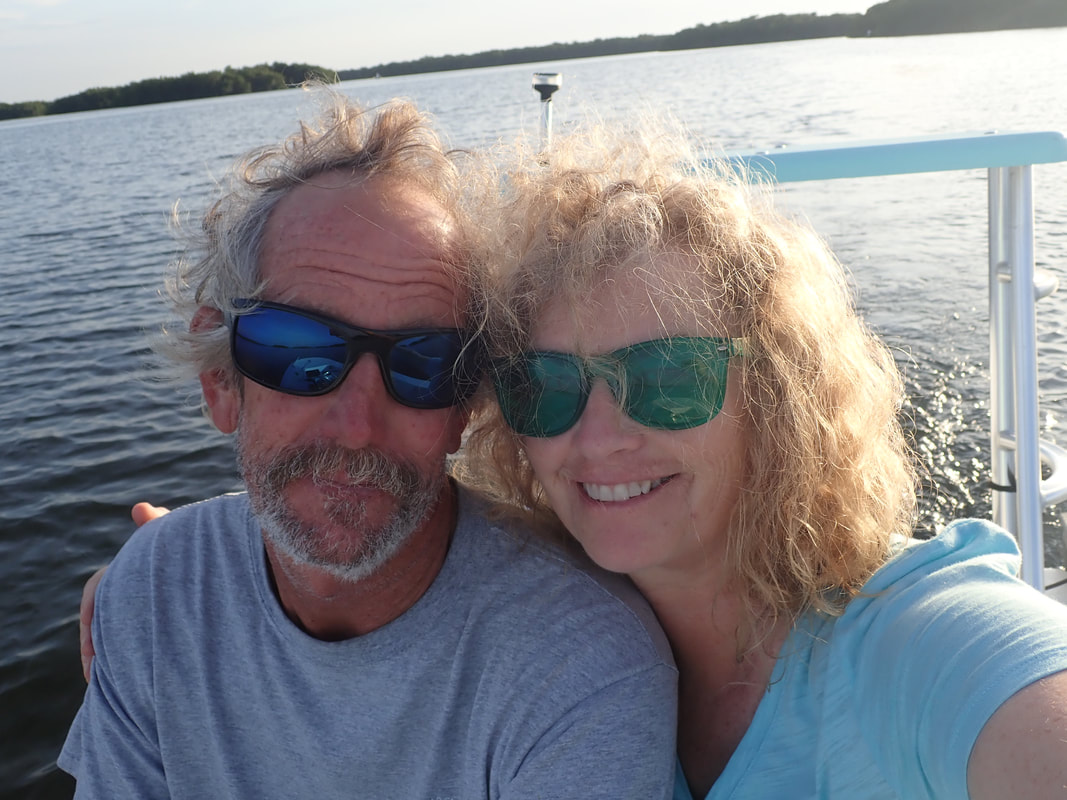
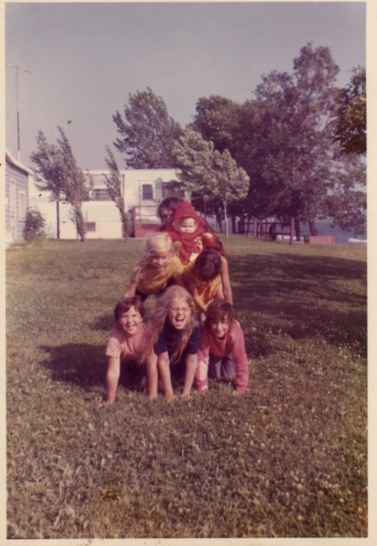
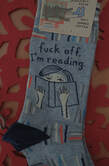

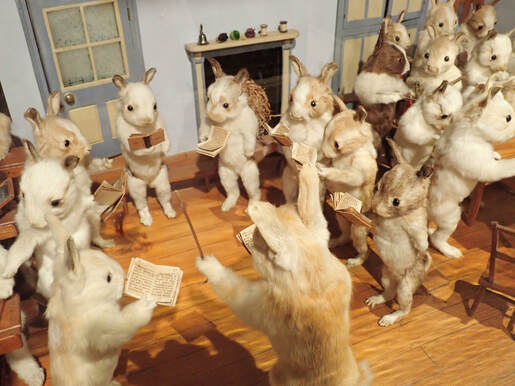
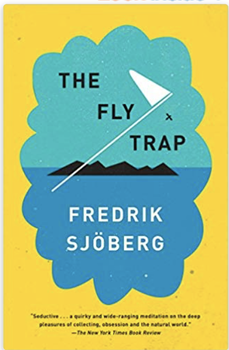
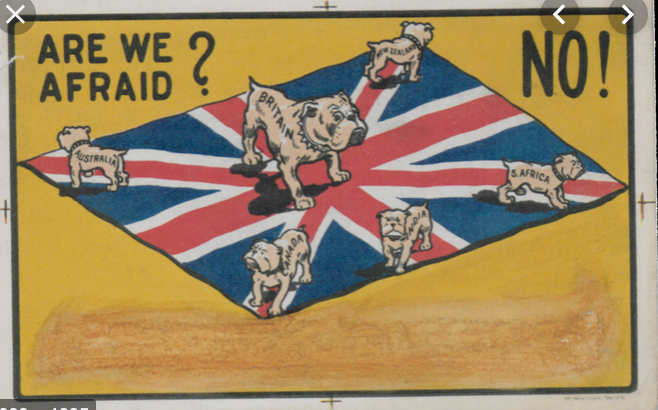
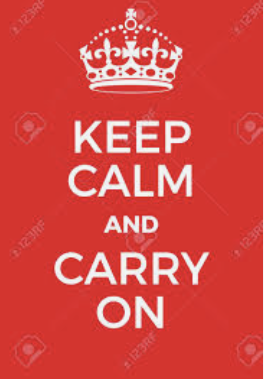
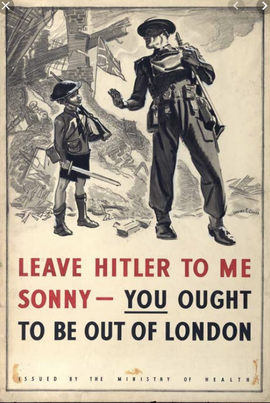
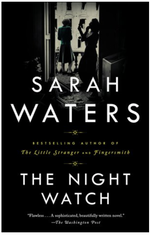
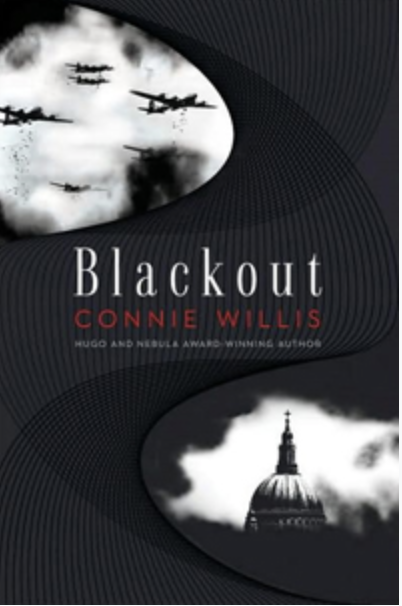
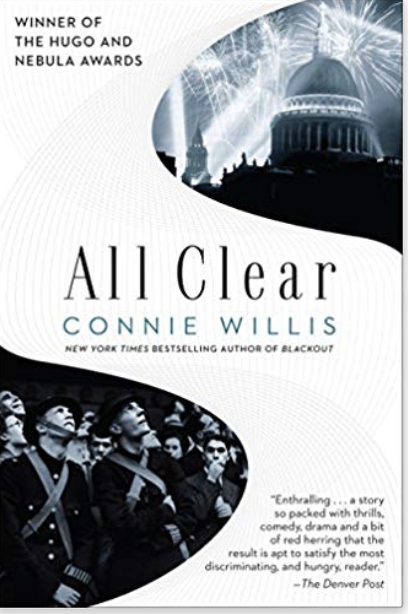
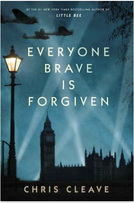
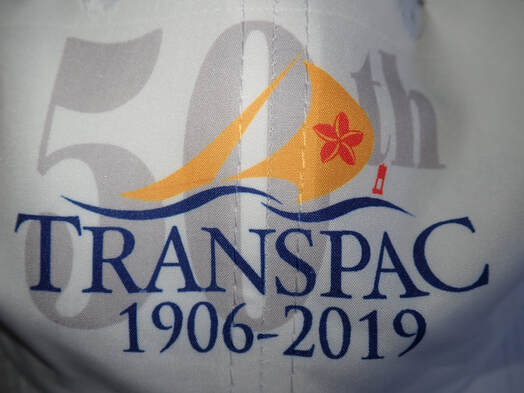

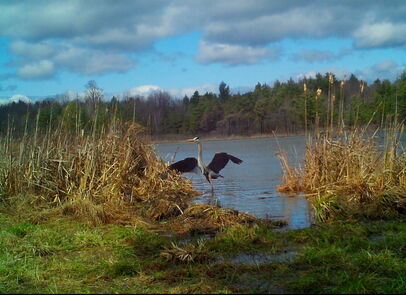
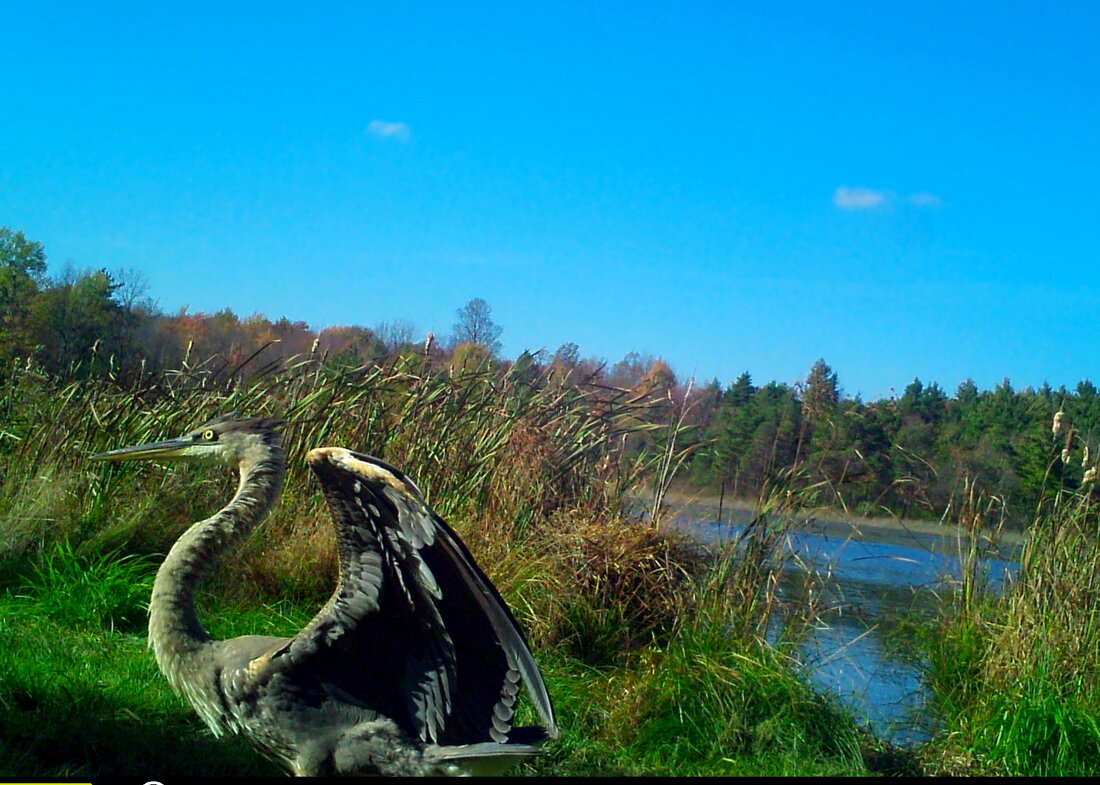
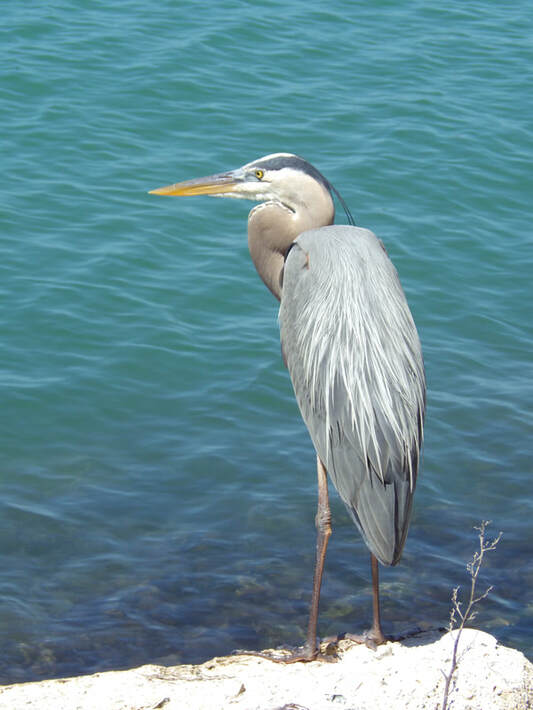
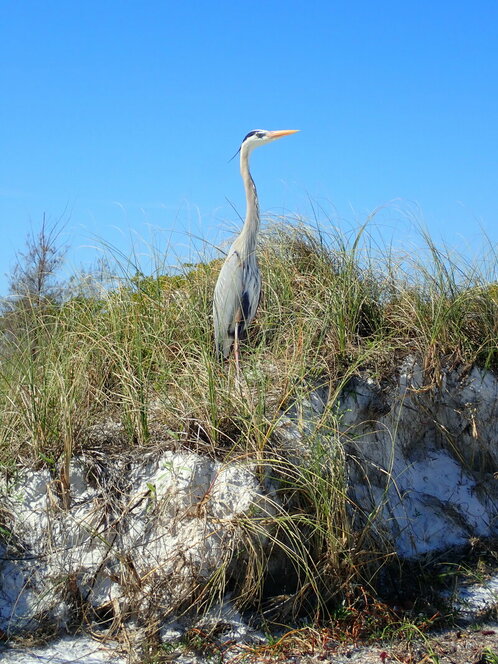
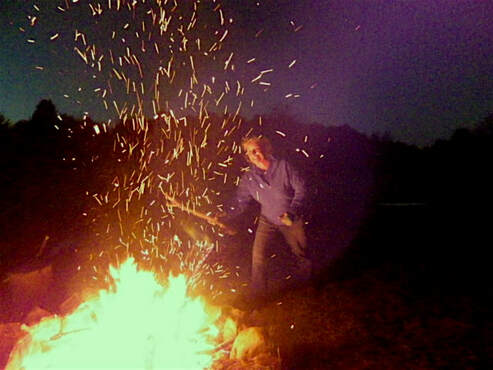
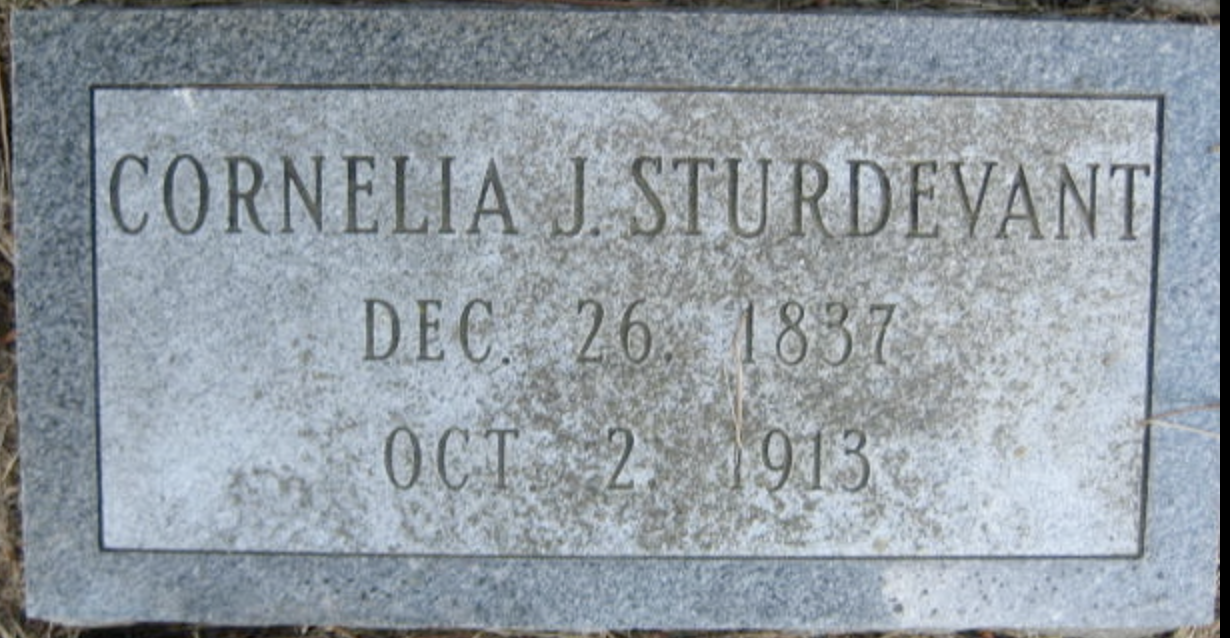
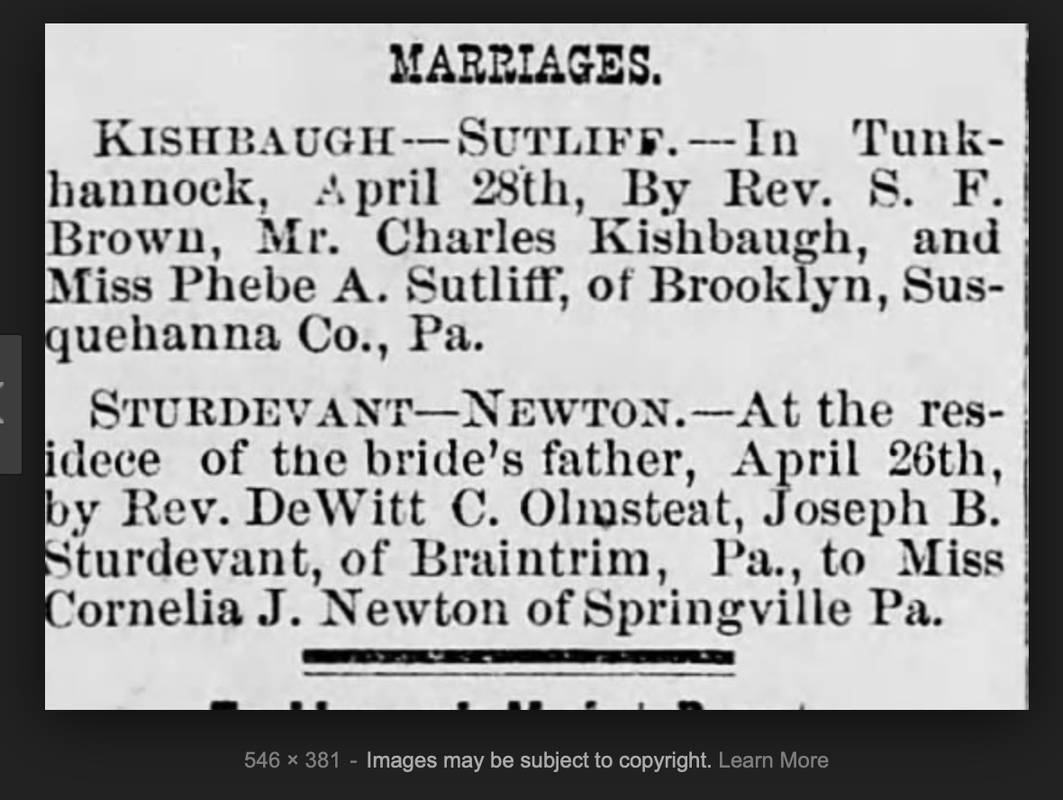
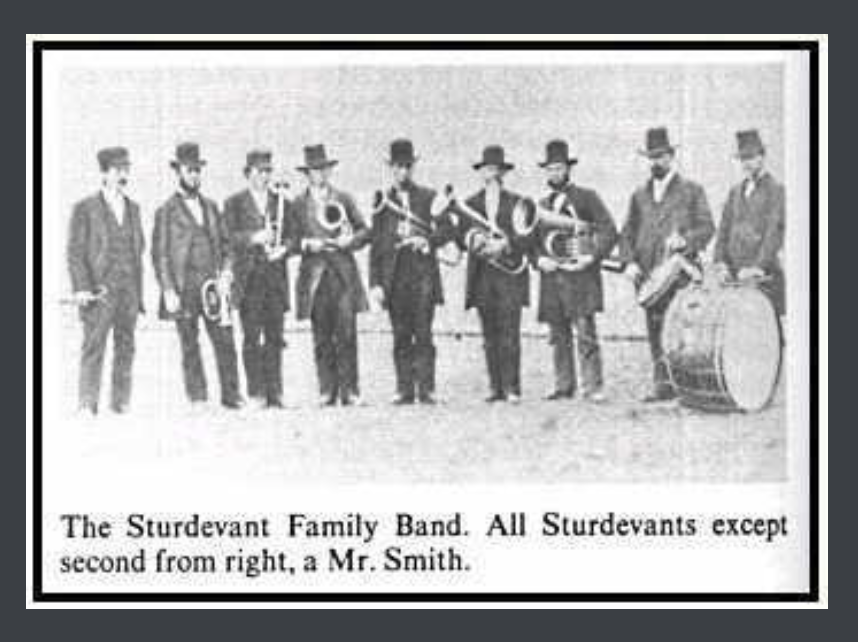
 RSS Feed
RSS Feed
